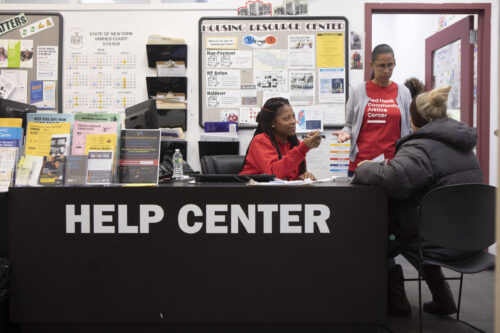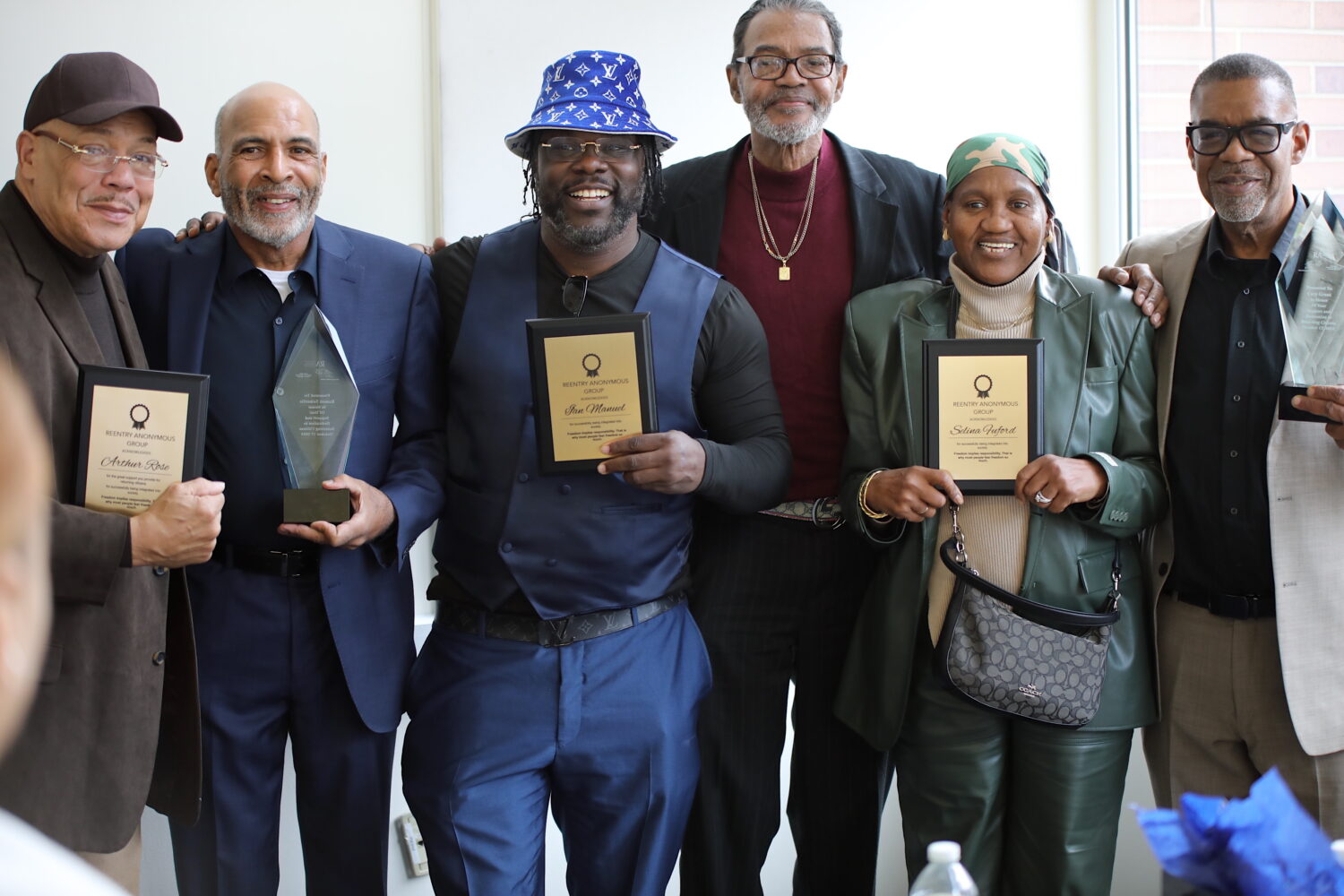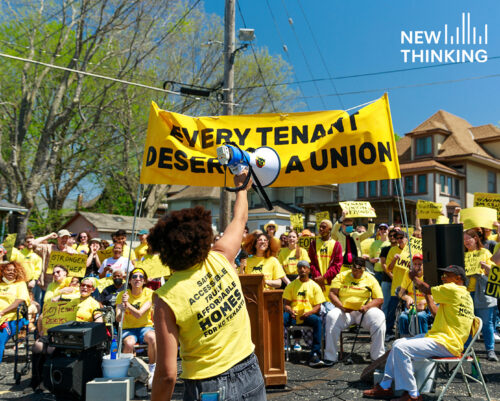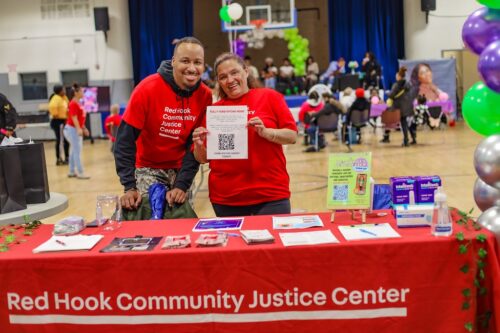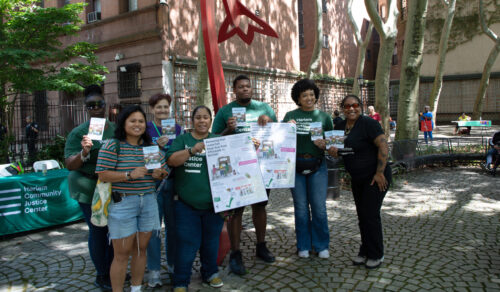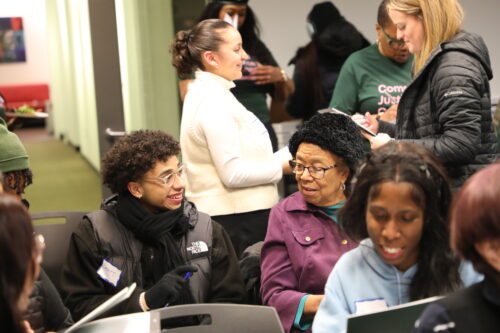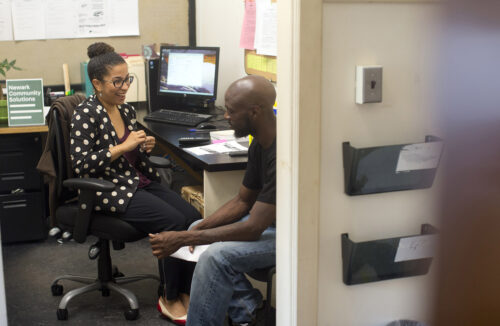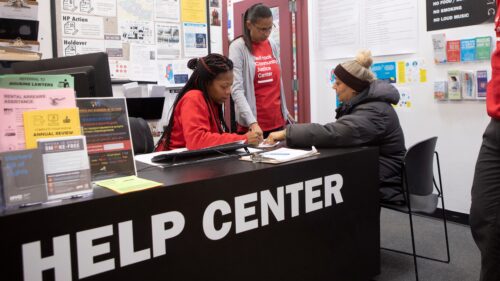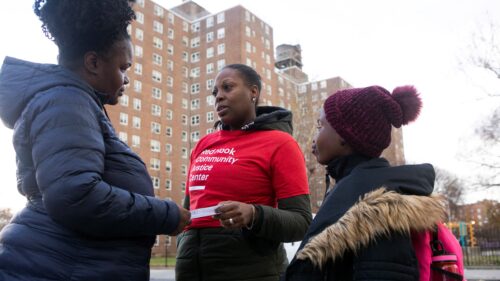Housing stability is a cornerstone of community well-being. Empowering residents to secure and maintain a home increases safety and reduces the likelihood of coming into contact with the legal system.
Housing and justice are deeply intertwined. A place to call home supports mental and physical well-being, healthy child development, and success at work and in school, and it can also reduce the likelihood of coming into contact with the legal system.
We work locally and nationally to address the housing needs of those involved in (or at risk of involvement in) the justice system, as well as communities that have been harmed by the legacy of redlining, high rents, limited public housing, unresponsive landlords, and poorly maintained housing stock. Our initiatives support unhoused populations, prevent evictions, provide legal support for repairs and lease renewals, and empower residents to strengthen the safety, vitality and economic well-being of their neighborhoods.
